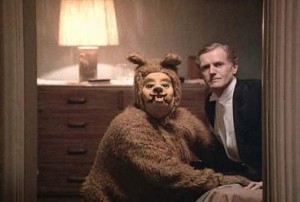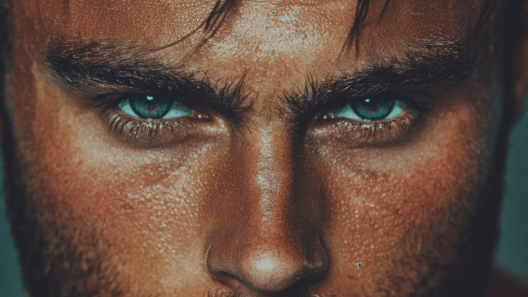 Just as Christmas heralds Jimmy Stewart and a horde of dimly remembered seasonal tie-ins, so Halloween has developed its own viewing culture, with people given their fix of scary movies for the year in the form of spooks, monsters and other creatures of the night. And that’s apt, since horror stories are closer to our traditional idea of the story than pretty much any other genre.
Just as Christmas heralds Jimmy Stewart and a horde of dimly remembered seasonal tie-ins, so Halloween has developed its own viewing culture, with people given their fix of scary movies for the year in the form of spooks, monsters and other creatures of the night. And that’s apt, since horror stories are closer to our traditional idea of the story than pretty much any other genre.
Back at an earlier stage of our evolution, stories were created by our ancestors as coded warnings. Ogres, monstrous wolves, malevolent royalty and all manner of other folk tale nightmares functioned as stand-ins for more generalised vices like temptation, misplaced desire, gluttony or carelessness. That style of storytelling persists today, except in a more highly developed form.
Zombies represent the bad parts of ourselves we thought we’d overcome but are always down there looking to regain control. Vampires are stand-ins for the way strangers and desire prey on us. Ever wonder why so many aliens are based around insects? They’re manifestations of the guilt we feel every time we swat a fly, step on a cockroach or destroy a spider web.
And if all movie monsters are metaphors, The Shining works the dynamic as well as any. Stephen King’s novel was written as a metaphor for the alcoholism he was battling at the time, which is why the Overlook hotel unlocked Jack Torrance’s violence and resentment by driving him back to the same drink that caused him to beat his son Danny before the book began.
Kubrick’s film both plays down Torrance’s alcoholism and expands his malaise to that of post-feminist masculinity in general. Throughout The Shining, the spectre of his manhood being shamed hangs over him like a shroud, and from the beginning Jack Nicholson plays Torrance like a man who loves his family, but will eventually fulfil Oscar Wilde’s dictum of killing the thing he loves. Mostly because the thing he loves won’t stop nagging him when he’s trying to get some fucking work done. And does it have to allude to that one time – the one time – that he laid a hand on his son?
Unable to write or hold a conventional job, and with his status as a father in doubt, Torrance is forced into exile at the Overlook where he has plenty of time to stew. The harbingers to his ultimate breakdown come in the outbursts directed at his wife (a suitably jittery Shelley Duvall) when she questions him about his work or parenting, no matter how innocently.
Finally, Torrance unleashes his inner id and goes axe-crazy when the hotel’s phantom bartender taunts him about his inability to dominate his family. It’s a telling metaphor for the crisis that western men were undergoing during the time of second wave feminism, heightened by (SPOILER ALERT) Torrance’s death in the hotel’s labyrinth, as much a maze as the endless corridors his son rides through inside the Overlook.
In conclusion, if we learn a lesson from The Shining, it’s that we have to adapt with the world in order to survive. That, and don’t build things on an ancient Indian burial ground.
An extended cut of The Shining is showing at the Islington Screen on the Green, the Cineworld at West India Quay and in cinemas throughout London. A documentary about its making, Room 237, is also showing elsewhere in London.





